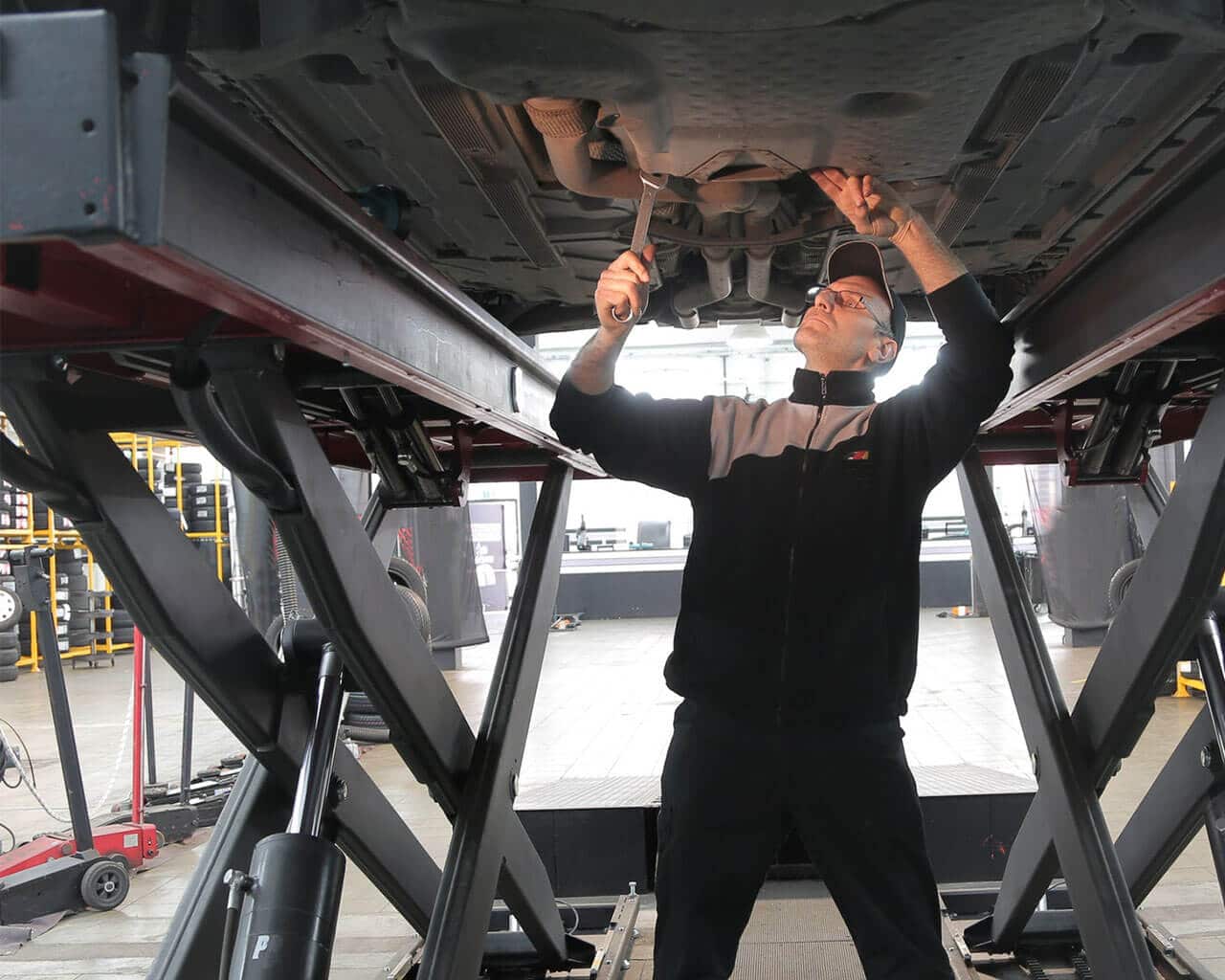Every little thing You Need to Know to Register a Foreign Vehicle in Spain
Every little thing You Need to Know to Register a Foreign Vehicle in Spain
Blog Article
Usual Obstacles Encountered Throughout Foreign Vehicle Registrations and Exactly How to Get over Them
Navigating the intricacies of foreign car registrations can be a complicated job, filled with challenges that differ dramatically throughout territories. Problems such as analyzing local regulations, conquering language obstacles in important paperwork, and resolving discrepancies in lorry specifications often emerge.

Comprehending Neighborhood Rules
Navigating the complexities of international car registration begins with a comprehensive understanding of local guidelines. Each nation has its particular laws and needs controling the registration of cars, which can differ significantly from one jurisdiction to another (Register a foreign Vehicle in Spain). It is vital for foreign lorry proprietors to acquaint themselves with these laws to guarantee compliance and avoid potential fines or legal difficulties

Moreover, some territories mandate automobile assessments to establish compliance with local safety and security and discharges criteria. This could require adjustments to the lorry before it can be legitimately registered. Involving with neighborhood authorities or talking to legal experts can provide quality on these laws.
Language Obstacles in Paperwork
Language obstacles position substantial obstacles when it comes to the documentation required for international automobile enrollment. Numerous people experience difficulties in recognizing the particular requirements described in neighborhood policies, as these papers are usually published in the official language of the host country. Misinterpretations can result in the entry of inaccurate or insufficient paperwork, resulting in hold-ups or denial of registration.
In addition, crucial files, such as title acts, proof of ownership, and insurance coverage, may not have easily offered translations - Register a foreign Vehicle in Spain. This can produce confusion for international vehicle owners who are not familiar with the local terminology and legal jargon. As an outcome, browsing the enrollment procedure ends up being difficult, usually calling for extra time and initiative to ensure compliance
To reduce these issues, it is a good idea for foreign lorry proprietors to look for expert translation solutions or get in touch with neighborhood specialists who can help in understanding the requisite paperwork. Additionally, federal government firms may offer multilingual sources or standards to help with the registration process. Proactively addressing language obstacles can improve the enrollment experience, making sure that all required files are precisely ready and sent based on neighborhood laws.
Vehicle Requirements Disparities

Coming across car spec discrepancies can produce significant difficulties for foreign automobile proprietors throughout the registration process. These discrepancies typically occur from distinctions in manufacturing requirements, dimension systems, and regulatory requirements between the automobile's country of beginning and the host country. For circumstances, a car that meets safety and security and emissions standards i was reading this in one nation may not line up with the specifications needed for enrollment in one more, bring about delays or outright rejections.
To get over these challenges, it is essential for international lorry proprietors to carry out thorough research study before starting the registration process. This includes comprehending the details needs established by the local authorities, such as safety and security requirements, exhausts levels, and any kind of needed modifications. Engaging with an expert service focusing on foreign vehicle enrollment can likewise offer important insights and support in browsing these inconsistencies.
Documents plays an essential function, so making certain that all technological specifications and modifications are precisely mirrored in the paperwork can alleviate concerns. In addition, preserving open interaction with neighborhood registration authorities can supply clarity on any prospective disparities, permitting timely resolution and effective enrollment of the car.
Navigating Tax Obligation Requirements
Understanding the tax obligation demands associated with foreign lorry enrollment is crucial for proprietors aiming to abide by neighborhood guidelines. Each jurisdiction has particular tax commitments that should be satisfied prior to a lorry can be legally signed up. These may consist of import responsibilities, value-added taxes (VAT), and annual vehicle tax obligations, which can differ considerably depending upon the lorry's origin, value, and specs.
To navigate these tax needs properly, automobile proprietors need to begin by investigating the certain tax obligations applicable in their area. Consulting with regional tax authorities or a tax obligation expert with experience in foreign lorry enrollments can supply clarity on the process and potential obligations.
Furthermore, click site it is important to maintain complete paperwork of the car's purchase and any kind of payments made, as this will certainly be needed for tax estimations and possible audits. Owners should additionally understand any target dates connected with tax obligation payments to prevent penalties or hold-ups in registration.
Evaluation and Compliance Issues
Consistently attending to assessment and conformity issues is crucial for proprietors of foreign automobiles seeking to register them in a brand-new territory. Each area has distinct policies relating to lorry safety and security, emissions, and modifications, which can position considerable obstacles for owners not familiar with neighborhood criteria. Consequently, recognizing these requirements is vital to stay clear of hold-ups and added costs.
One common issue emerges when international lorries do not meet the host jurisdiction's safety and discharges standards. Proprietors need to proactively verify that their lorries conform with regional guidelines, which might entail adjustments or acquiring required documents from makers. Furthermore, several jurisdictions call for a comprehensive inspection by an accredited center, which can result in additional problems if the car falls short to meet specific standards.
To navigate these difficulties, proprietors can consult local automobile registration authorities or look for assistance from experts accustomed to the registration procedure. Preparing all essential documentation ahead of time, consisting of previous inspection reports and proof of conformity, can enhance the enrollment process. Inevitably, comprehensive preparation and recognition of inspection that site needs can significantly enhance the possibility of an effective international car registration.
Final Thought
In summary, the procedure of foreign automobile enrollment entails different challenges, consisting of understanding of regional policies, language barriers in documentation, inconsistencies in vehicle requirements, navigating of tax obligation demands, and assessment and compliance issues. Attending to these challenges demands persistent research, use of professional translation solutions, and examination with local authorities. Involving specialized services can guarantee adherence to safety and discharges criteria, eventually facilitating a smoother registration procedure and compliance with all appropriate obligations.
Report this page